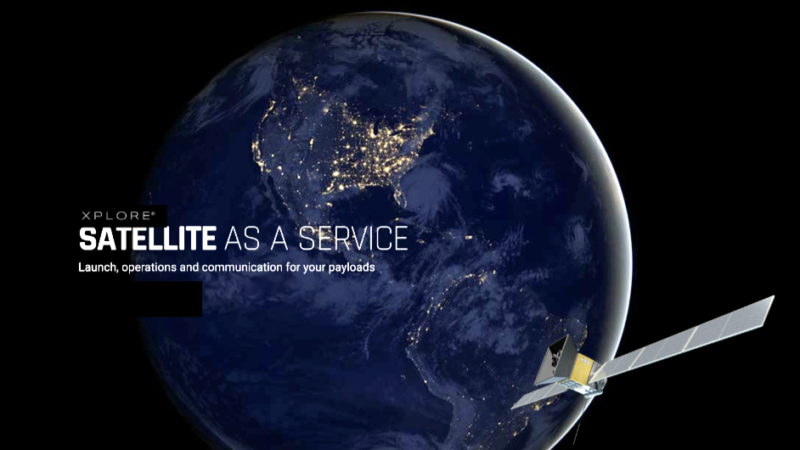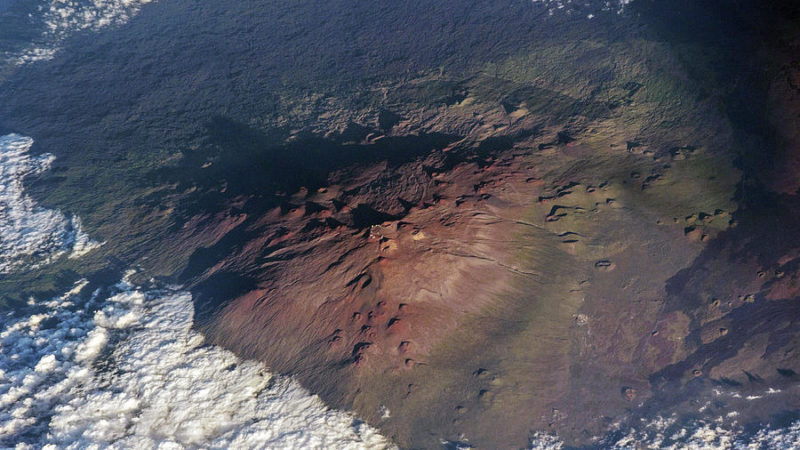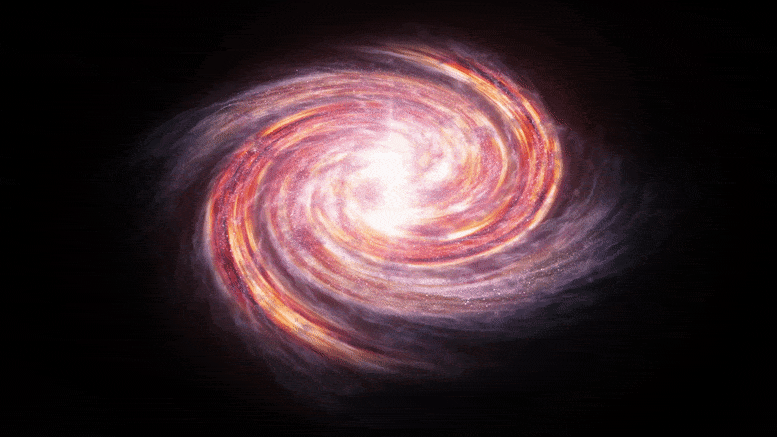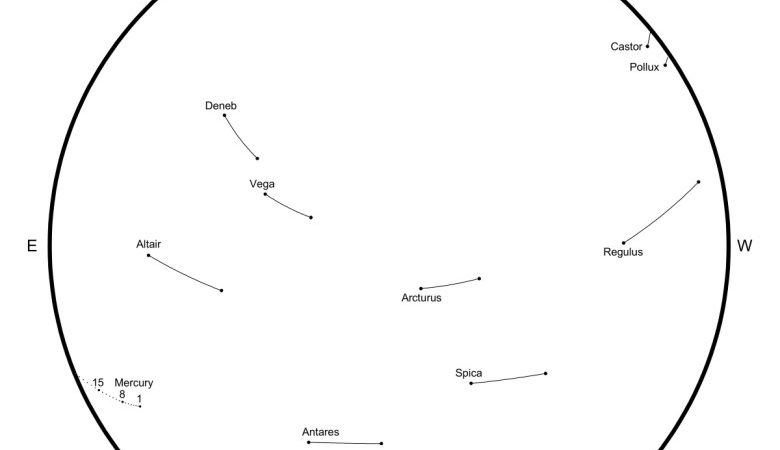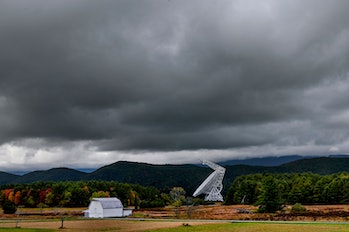World-Standard Astronomy Education Vision Coming into Focus – Flagstaff Business & Online News | Northern Arizona Local Newspaper – Flagstaff Business News
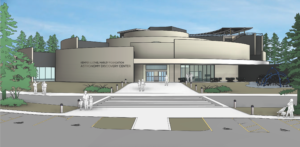 Observatory has received a $14.5 million grant to build the Astronomy Discovery Center (ADC), a new visitor facility that will accommodate the observatory’s ever-increasing number of guests while offering a state-of-the-art visitor experience. The funding comes on the heels of record visitation to the observatory and Lowell’s celebration of its 125th anniversary.
Observatory has received a $14.5 million grant to build the Astronomy Discovery Center (ADC), a new visitor facility that will accommodate the observatory’s ever-increasing number of guests while offering a state-of-the-art visitor experience. The funding comes on the heels of record visitation to the observatory and Lowell’s celebration of its 125th anniversary.
The grant from the Kemper and Ethel Marley Foundation covers half of the $29 million price tag for the new facility, which is scheduled to open in 2023. The ADC will increase the observatory’s public education capacity to more than 300,000 guests per year, tripling that of the current visitor facility. This would make Lowell a top destination for the burgeoning astrotourism industry that sees vacationers often travel great distances to experience eclipses, meteor showers and other celestial phenomena. Arizona is a key player in this arena, with more certified Dark Sky Places – 16 – than any other state. These consist of six communities and 10 parks, including the most recent addition, Grand Canyon National Park. For its part, Flagstaff was not only the first community in the state to achieve dark sky designation, but the first in the entire world.
Lowell Director Jeff Hall said the growth of the observatory’s visitor program will benefit the community in many ways. For example, Lowell provides interactive science experiences for youth in Flagstaff and the region through its school programs, summer camps and long-running Native American Outreach program. The expansion will only increase the observatory’s ability to reach and inspire these young minds. Furthermore, by positioning Lowell as a destination for astrotourism and science and astronomy education, Hall hopes to grow Lowell’s impact on Flagstaff’s economy. He explained, “Quick math using tourist spending figures published by Discover Flagstaff suggests that we should generate new revenue for Flagstaff of at least $1,000,000-$2,000,000 per year from increased visitation alone; other direct and indirect impacts should increase that figure significantly.”
Heidi Hansen, economic vitality director for the City of Flagstaff, called the addition of the ADC “a game-changer for the observatory, as well as for Flagstaff.” She said visitation to the community has risen by more than a million people over the past five years and now totals six million per year. She explained, “Lowell Observatory has played a huge role in these increases. It is one of our main attractions that both domestic and international visitors are hearing is a must-see. Having the discovery center added to an already robust attraction is going to keep our tourism numbers on the rise.”
The three-level facility will feature several innovative guest experiences including the Universe Theatre, a large auditorium that will supplement live presentations with video projected on to a wrap-around screen. It will also include a variety of exhibits and activities that guests can enjoy no matter the weather. Topping the building will be the Dark Sky Planetarium, a roof-top amphitheater with heated seats that will use Flagstaff’s famously dark skies as a natural planetarium dome. “This reinforces the deep roots of Flagstaff’s unique connection to dark sky preservation,” said Lowell Deputy Director for Marketing and Communications Danielle Adams.
Hall said the goal of the ADC is to inspire wonder about science and astronomy, instilling curiosity and a desire to learn more about the universe. “We want everyone who visits Lowell to see that the universe is amazing, wonderful and weird. We want the kids who ask our educators and astronomers endless questions to see that science is fun and is the gateway to a deep understanding of the world around us – an understanding that can lead them to a lifetime of informed and sensible decisions.”
The ADC represents the second phase of Lowell’s visitor experience expansion. The first phase, the Giovale Open Deck Observatory, a public observing plaza, is scheduled to open Oct. 5. “Our goal is to be the world standard for astronomy education, one that we can all point to as an outstanding asset for our city and our state,” said Hall.
The $14.5 million grant from the Kemper and Ethel Marley Foundation follows the organization’s earlier grant to the observatory of $1.4 million in 2017 to support astronomical research at the Discovery Channel Telescope and long-range master planning efforts. Established in 1990, the Kemper and Ethel Marley Foundation supports Arizona endeavors in arts and culture, civic and community enhancement, education, health and human services, medical facilities and equipment, and science and cancer research. FBN
By Kevin Schindler, FBN


